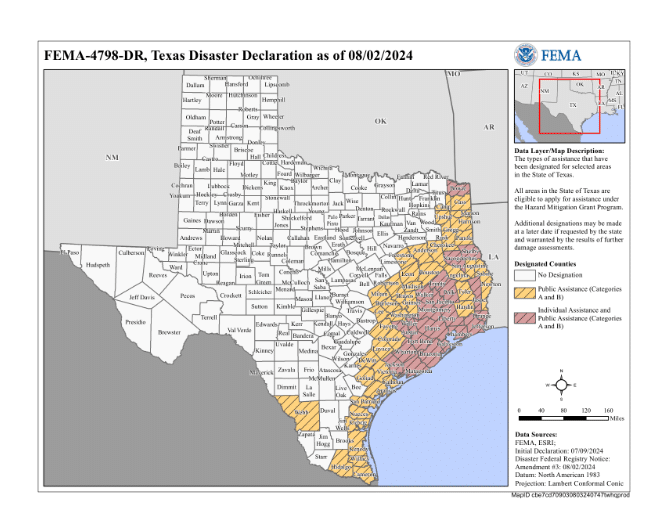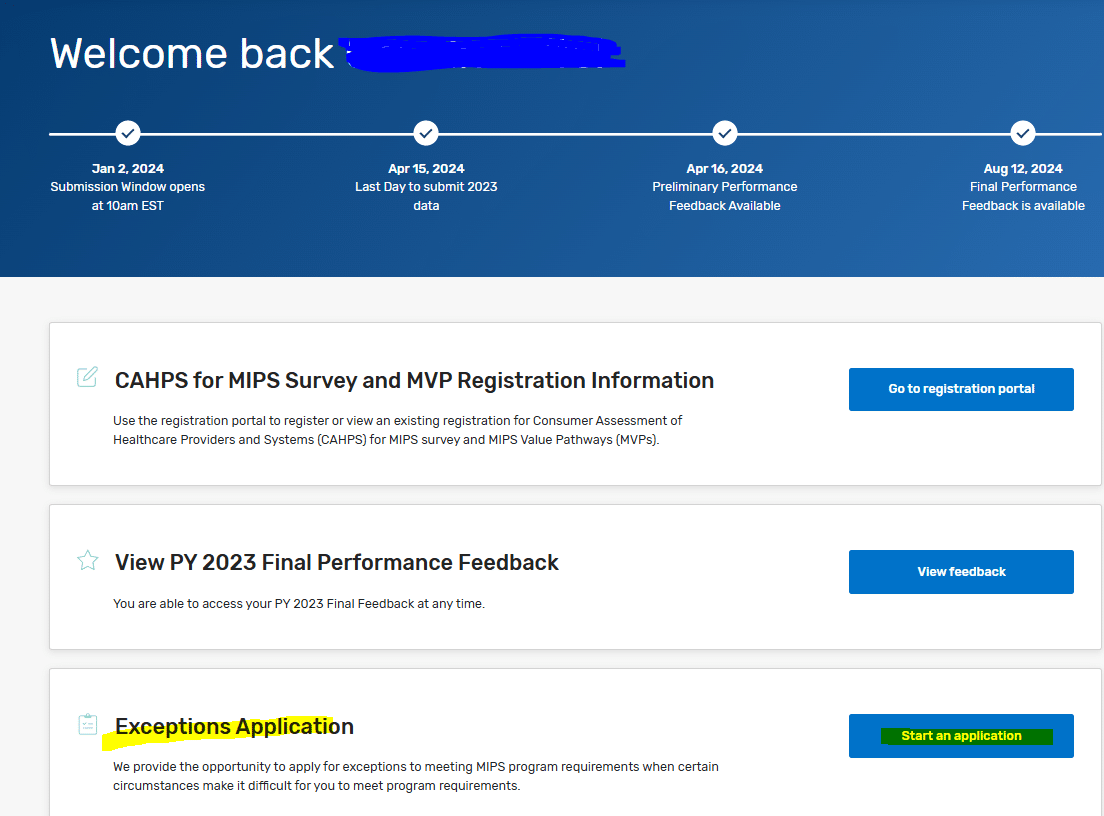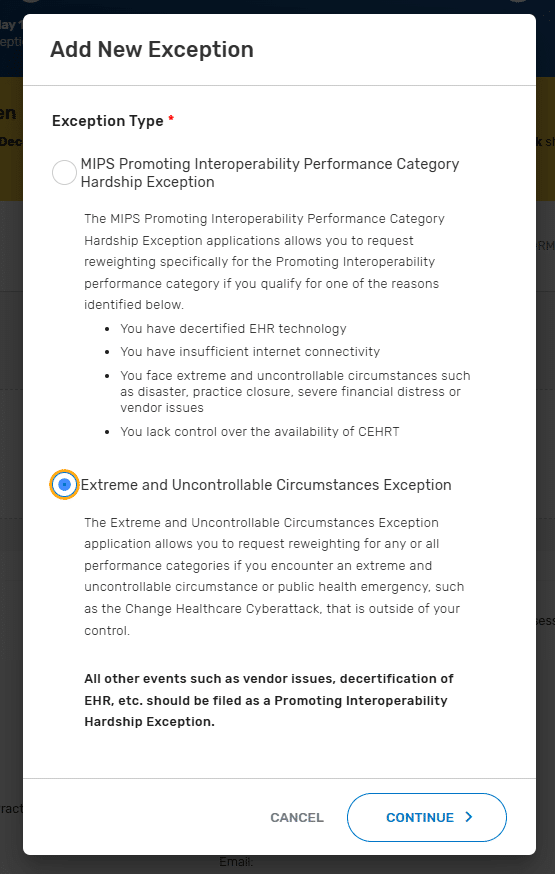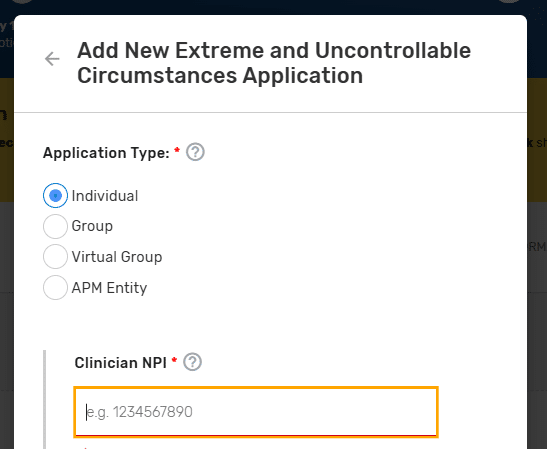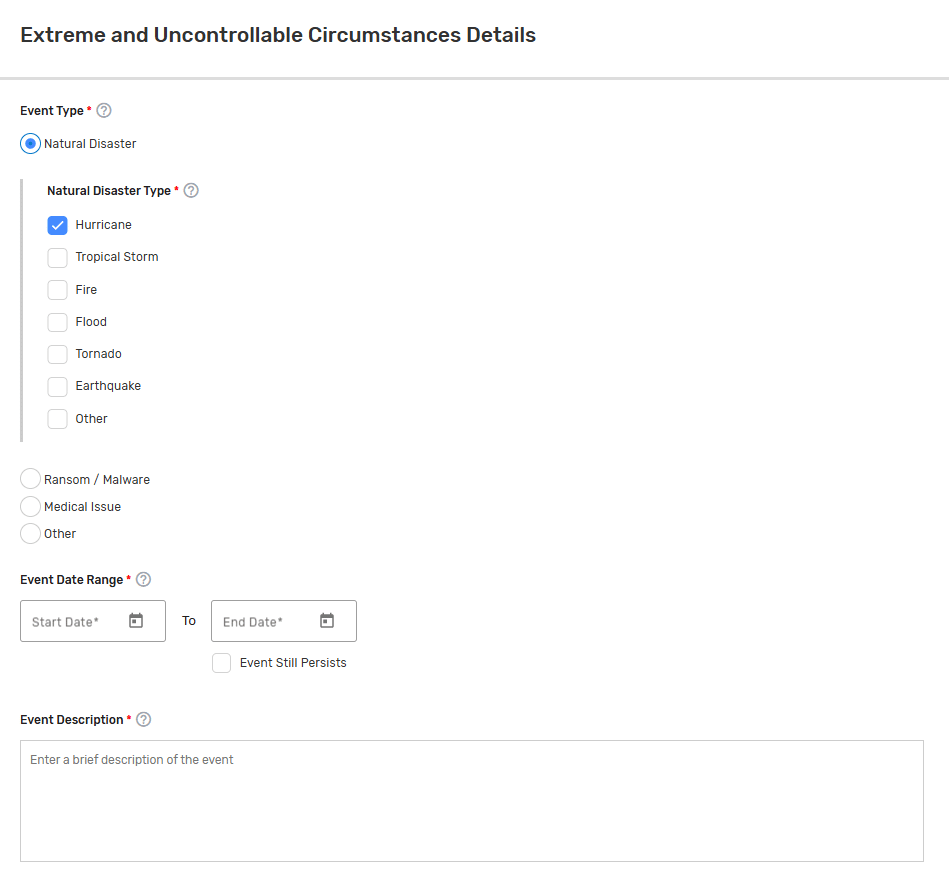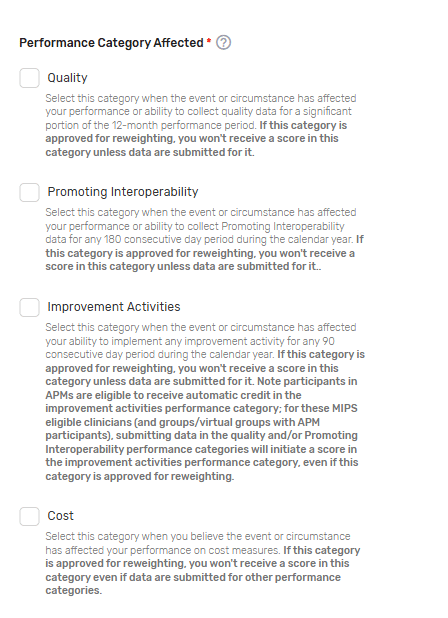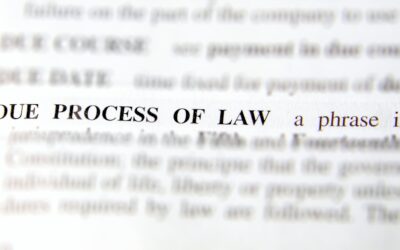Due to the impact of Hurricane Beryl on Texas physician practices, the Centers for Medicare & Medicaid Services (CMS) has automatically applied a hardship exemption within the 2024 Merit-Based Incentive Payment System (MIPS) performance period to eligible clinicians in “designated” areas.
The extreme and uncontrollable circumstances (EUC) policy will apply in affected Texas counties as identified by federal public health emergency and disaster declarations. This means for eligible MIPS participants, CMS will reweight all four performance categories – cost, quality, promoting interoperability, and improvement activities – to 0% during the data submission period for the 2024 performance period, which runs from Jan. 2 to March 31, 2025.
This will result in a score equal to the performance threshold, and physicians will receive a neutral payment adjustment for the 2026 MIPS payment year, according to CMS officials.
They also clarified, however, that if MIPS participants in Beryl-affected areas choose to submit data in two or more performance categories, they’ll be scored accordingly and receive a corresponding 2026 MIPS payment adjustment.
Check out this 2024 MIPS automatic EUC policy fact sheet for more information.
I checked the FEMA map to confirm that I am in the designated area. I also am providing screen captures of the exemption application process on the CMS website. While the release says that CMS has “automatically” applied a hardship exemption, it did not appear to be automatic when I put in my NPI, which is associated with an address in the affected map. However, it is easy to apply for the exemption. It involves only a few clicks (see images). You do need to apply for credentials to access your account first. Also, before worrying about this, you may want to determine whether you are “eligible” (CMS euphemism for “you have to do it”) to participate in MIPS, which you can do here: Participation Lookup (cms.gov)
It’s good for everyone to know how to do this since as you can see in the screen captures, it’s the same exemption process for ransomware or a personal health crisis. Also, as frustrating as the government is in general and MIPS is in particular, if you do call, although there is often a long hold, once you end up talking to someone personally, they are always very nice.

